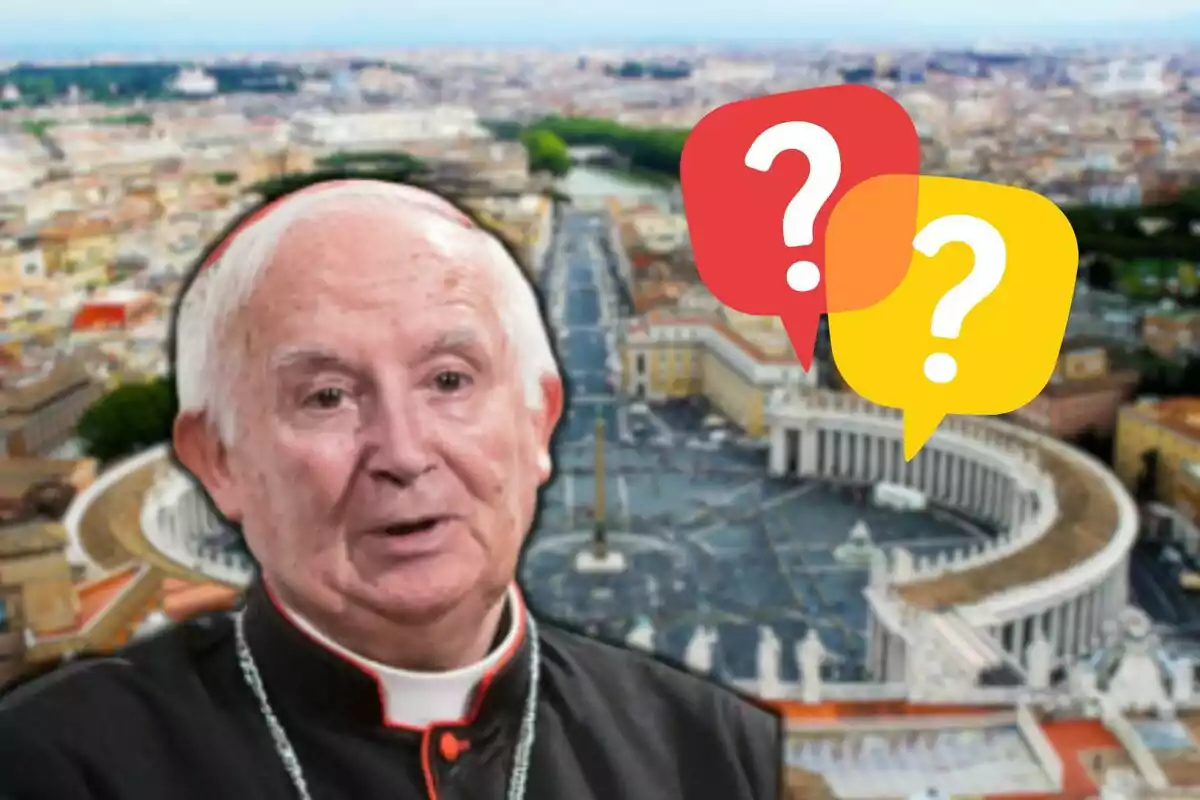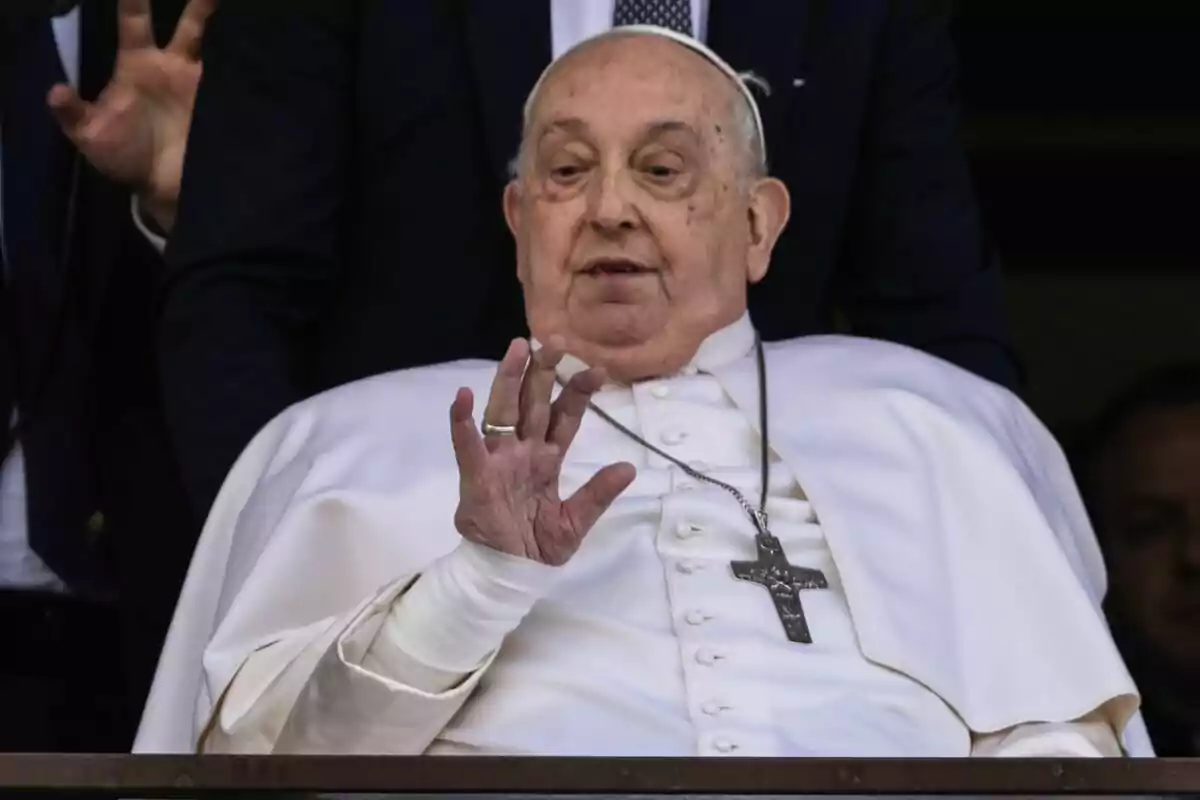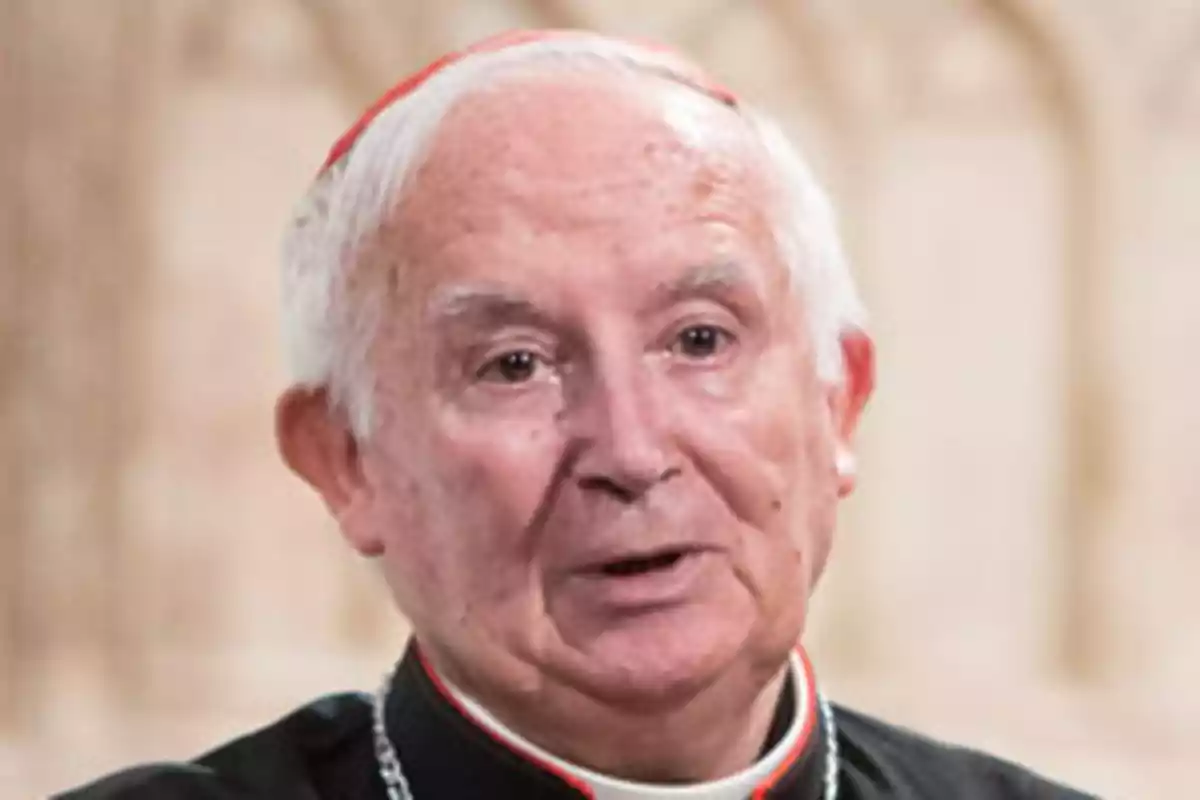
Who Will Be the New Pope: The Famous Archbishop of Granada and Other Strong Candidates
After Pope Francis's Death, the Vatican Seeks Successor: The Archbishop of Granada and Other Papal Candidates in the Race
Pope Francis has passed away at the age of 88, marking the end of an era of reforms and social closeness in the Church. With his death, the complex Vatican Conclave is activated, where 135 cardinals with voting rights will decide who will be the new Pope from a list of profiles as diverse as they are influential.
Among them is a surprise for many: the former Archbishop of Granada, Antonio Cañizares Llovera, a name less media-friendly outside of Spain, but with significant weight within the College of Cardinals. Could he emerge as a key figure in an election dominated by tensions between continuity and a conservative shift?

The Candidates With the Best Chances to Be the New Pope
The Loss of Pope Francis marks a spiritual and political turning point in the Vatican. His pontificate, marked by a clear reformist vocation, left a mark on issues such as the inclusion of minorities, openness to the divorced, and sustainability.
Now, with 1.3 billion Catholics worldwide watching closely, an election loaded with symbolism opens. What kind of Church does the world want? One that continues the path started by Francis or one that returns to more orthodox positions?
In total, there are 252 cardinals, but only those under 80 years old have the right to vote: 135 at this moment. They are the ones who will decide who will lead the Catholic Church in a time of global uncertainty.
Among the most mentioned is Matteo Zuppi, Cardinal of Bologna, very close to Francis's line. His gestures toward the LGTBI community and his social commitment make him a favorite in progressive sectors. However, not everyone sees him favorably: his positions generate resistance in the more conservative wings of the Vatican.
At the other end is Robert Sarah, from Guinea, a firm voice of traditionalist Catholicism. His profile promises a more doctrinally rigid Church. He has questioned openness to the divorced and LGTBI people, but he retains much respect inside and outside Africa.
Alongside them, Luis Tagle, Filipino, stands out for his closeness to young people and his conciliatory demeanor. He was a trusted man of Francis and has an international vision that could connect with the current moment. His theological ambiguity, however, raises doubts in conservative sectors.
Another key name is Pietro Parolin, current Secretary of State of the Vatican. Politician and diplomat, he is seen as a middle ground between the two major currents. He has experience in international relations and is not a stranger to controversies.
From Jerusalem emerges Pierbattista Pizzaballa, Latin Patriarch, expert in interreligious dialogue. Among the moderates, Péter Erdő, Hungarian, stands out, balancing doctrinal orthodoxy and pastoral empathy.
Willem Eijk, Dutch Cardinal, introduces a medical-theological approach. In Northern Europe, Anders Arborelius, Bishop of Stockholm, represents a serene and integrative figure.
From Asia, Charles Maung Bo (Myanmar) and Malcolm Ranjith (Sri Lanka) also stand out. The former, dialoguing and diplomatic. The latter, conservative and multilingual, with ties to Pope Benedict XVI, which gives him strength among traditionalist sectors.
The Famous Former Archbishop of Granada: A Name That Could Have Weight in the Voting
Amid these names, there is a Spanish figure who doesn't appear in the betting odds, but who will be present in the voting: Antonio Cañizares Llovera. At 79 years old and with a long ecclesiastical career, he is one of the five Spanish cardinals with voting rights.
His tenure in the Archdiocese of Granada, between 1996 and 2002, marked a period of pastoral consolidation in Andalusia. Before that, he had been Archbishop of Ávila and later passed through Toledo and Valencia, until retiring in 2022.
Cañizares Llovera was Prefect of the Congregation for Divine Worship, a Vatican position equivalent to a minister, appointed by Benedict XVI. He was also Vice President of the Spanish Episcopal Conference and an academic of the Royal Academy of History.

Born in 1945 in Valencia, he studied at the Pontifical University of Salamanca, where he earned a doctorate in Theology. His academic career intertwines with his pastoral vocation. He has been a professor, director, and doctrinal reference in Spain, as well as an international representative.
He was made a cardinal in 2006 and is one of the most recognized figures within the conservative wing of the Spanish Church. His firm doctrinal profile and knowledge of the Roman Curia make him a relevant actor, although his name doesn't resonate in the media.
The loss of Pope Francis has activated a new scenario in the Vatican, where the Archbishop of Granada is among the electors of the next Pope. At a key moment for the Church, the names that are mentioned reflect tensions between openness and tradition. Will Francis's successor be faithful to his legacy or will he set a new course for global Catholicism?
More posts: